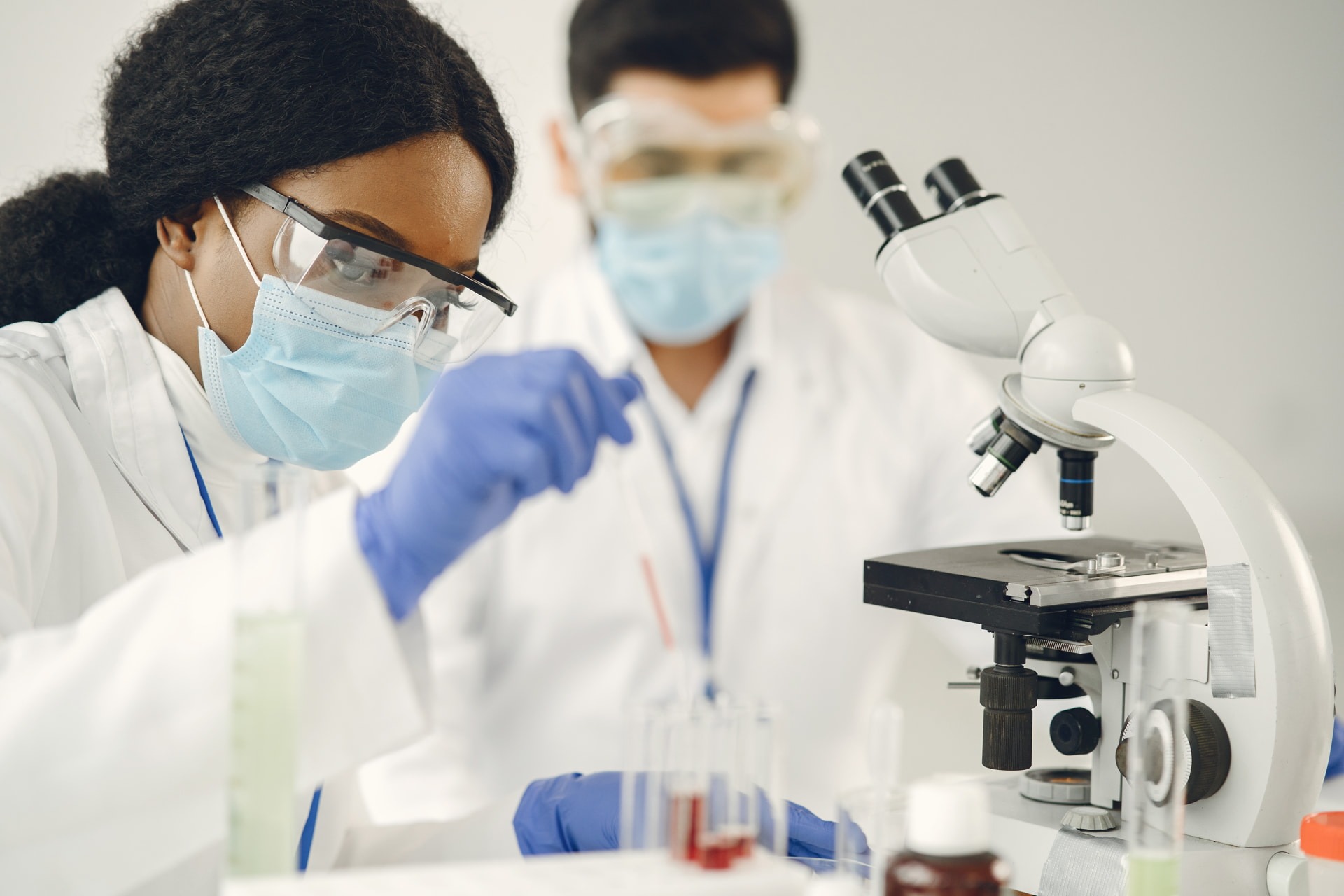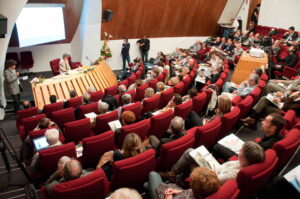Project Background
Bioengineering of genetic and metabolic circuits has a wide range of applications. However, most efforts in circuit design are currently limited to a small subset of laboratory model organisms used in monocultures, many of which may be incompatible for their target applications. Expanding circuit design to a novel organism remains an uphill task that requires characterisation of new genetic parts and re-construction of the circuit for each new organism of interest. This doctoral project aims to develop tools and strategies for building cross-species compatible genetic circuits. We expect the results of the work to facilitate rapid implementation of circuits in non-model organisms, while preserving their function, and enabling their deployment in multi-species communities. The tools developed here will help expedite the design and implementation of synthetic genetic and metabolic circuits in new chassis organisms suited for diverse biotechnology applications.
The unit is subject to the regulations of a Restricted Zone. Recruitment is therefore subject to validation by the Ministry.
Training and skills
We are looking for a highly motivated candidate with experience in experimental synthetic biology, including microbiology and molecular/cell biology techniques. Some background in programming, bioinformatics, or computational modelling would be an added advantage. They should have strong communication skills and the willingness to work collaboratively with other members of the team and project collaborators, including biologists, engineers, mathematicians, and computer scientists. A Master’s degree or equivalent is required for PhD registration at the Structure et dynamique des systèmes vivants (SDSV) doctoral school of the University of Paris-Saclay.
Contact:
Application:
See the job details at jobs.inrae.fr (Reference: OT-25811)




